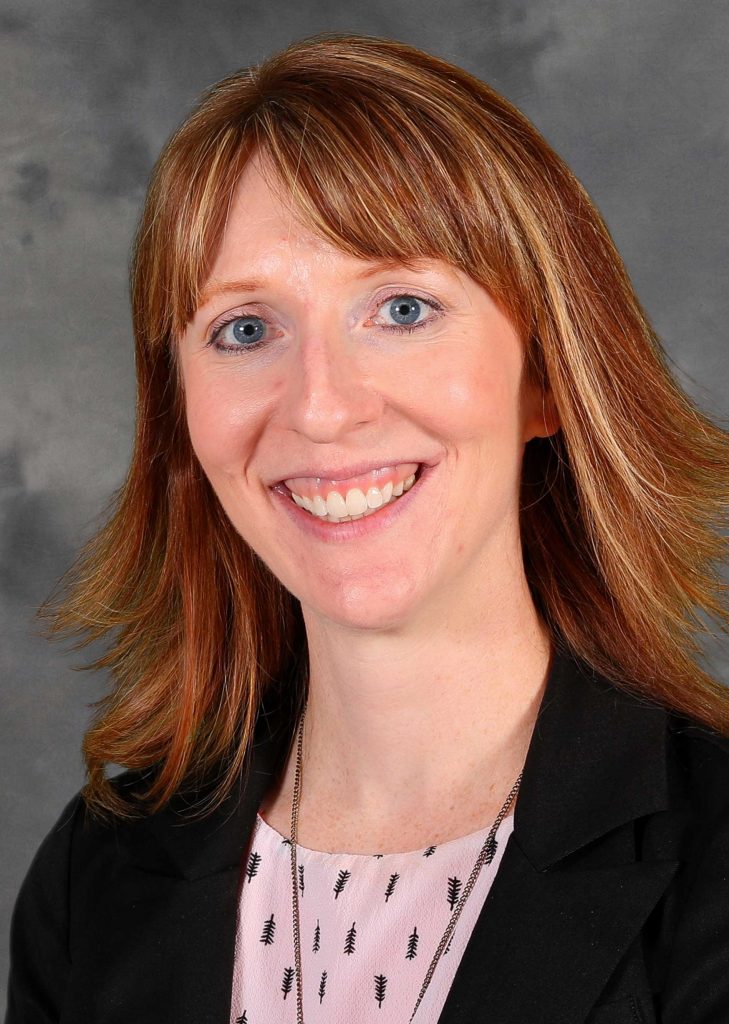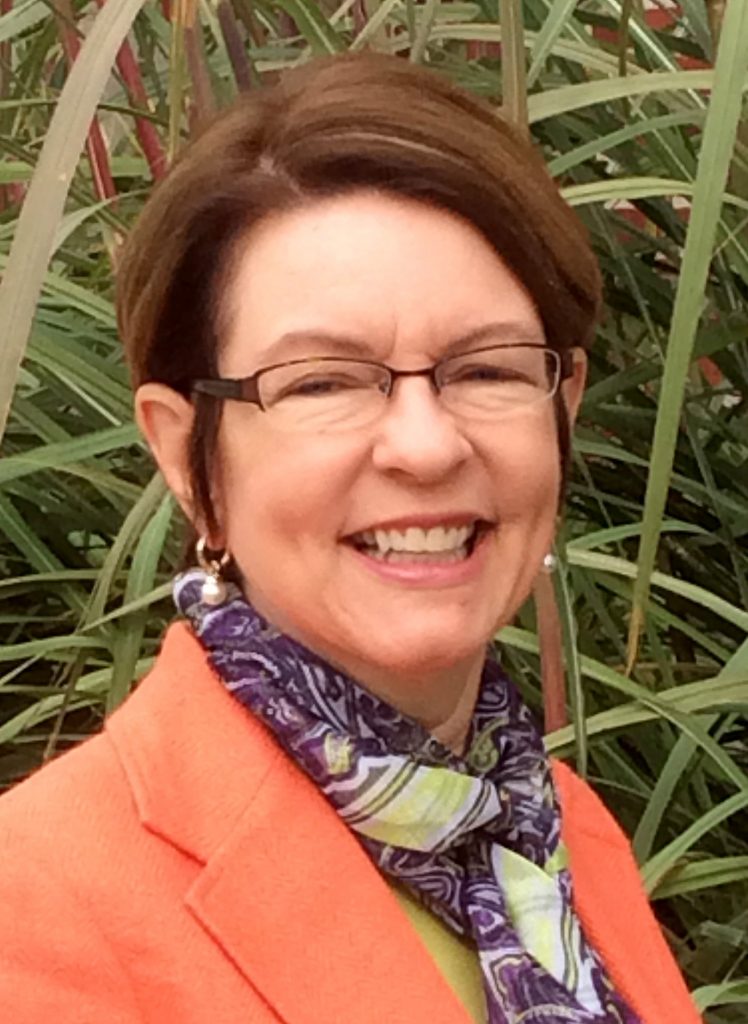
By LORI POTTER
Kearney Hub Staff Writer
KEARNEY — University of Nebraska at Kearney business students don’t wait until they reach the workplace, diploma in hand, to work with clients, solve problems and provide services.
Janice Woods, director of business internships and experiential learning within the Business Division of the College of Business and Technology, said students are required to take one three-hour course involving significant real-world experiences.

Most internships are done as part of a class. However, Woods said the working relationships sometimes continue with students being hired by clients to work on special projects.
Internships may be paid or unpaid, depending on if clients are for-profit businesses, government entities or nonprofits.
“Part of my job is to help employers, as well, to talk to them about grants and state funds available,” Woods said.
“We’re trying to show that internships can be mutually beneficial to the business and the student,” she said, adding that some business owners tell her they can’t live without the interns.
College of Business students work at least 12 weeks and 200 hours for the three college credits required. Woods said the hours scale up for students seeking more credits.
“One of my jobs is to visit students out on internships,” she said. “When I visit them, we’re able to build relationships with the businesses.”
That can provide contacts for more matches for future students working on business-related degrees.
Most students want to stay in Nebraska for their real-world experiences. “Most also are looking ahead to a job they can do after they graduate,” Woods said.
Among the few who want international internships to broaden their horizons were three UNK business students who spent most of their summer abroad: Victoria Aldinger of Wilcox, fashion merchandising in Milan, Italy; Nathan Immel of Hastings, employment recruiting in Dublin, Ireland; and Louis Harper of North Platte, working with a sustainable housing company in San Ignacio, Belize.
There is a newer program closer to home that helps students interested in health care-related careers find internships.

Michelle Fleig-Palmer, associate professor of management and director of the UNK Health Care Management Programs, said she and Professor of Management Kay Hodge saw the need seven years ago.
They learned from Peggy Abels, director of health science programs, that graduate programs for students pursuing medical-related careers want them to also have some business-related experience at the undergrad level. Graduate schools don’t have time to teach such courses.
“We’re looking at business topics under the umbrella of health care and health care management,” Fleig-Palmer said.
This fall marks the sixth year of core health care management courses. A minor in health care management was added in fall 2015.
Fleig-Palmer said they have found that business students also are interested in the classes.
The minor includes instruction in leadership, human resources management, management processes and scheduling, and health care policy. Fleig-Palmer said there are 45-50 “declared” students in the program and others who will take a course or two.
Internships are encouraged, but not required, she added.
She said internships are good for students, including some who have worked after graduation at the facilities where they were interns or at other health-related businesses and are important to the community.
In one course, Health Care Management: Managing People Effectively, students research health care topics.
Fleig-Palmer gave an example of a student who looked at physician recruitment issues for small rural hospitals and found that it is important during the interview process to make sure candidates understand the community environment.
She said a big issue is telling recruits they cannot compartmentalize the work and community parts of their lives as they might have done in big cities. Instead, they should expect to have contact with their small-town patients at church, local businesses, and school and community activities.
Many health care management internships involve accounting-finance or human resources work.
This summer, UNK students had internships at Kearney’s Help Care Clinic, Kearney Regional Medical Center, Lexington Regional Health Center, Mary Lanning Hospital in Hastings, and Kearney County Health Services in Minden.
Money for the internships comes from a special UNK seed grant.
“Our goal is to see net new,” Fleig-Palmer said, meaning that a facility with one intern now might pay the cost for a second one in the future.
-30-
EDITORS NOTE: Reprinted with permission of the Kearney Hub. Visit www.kearneyhub.com for more coverage of UNK. To see the original publication of this story visit HERE.